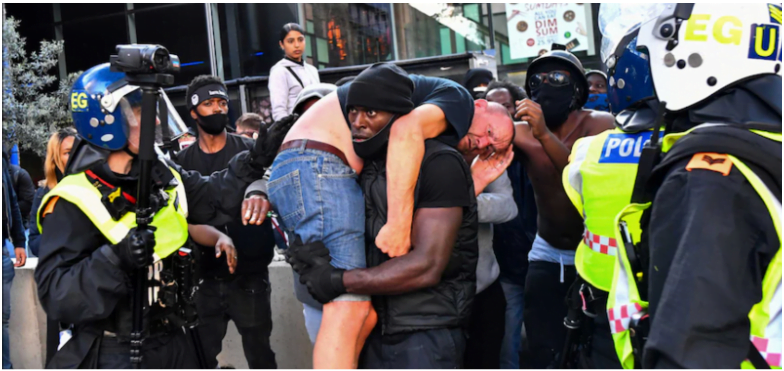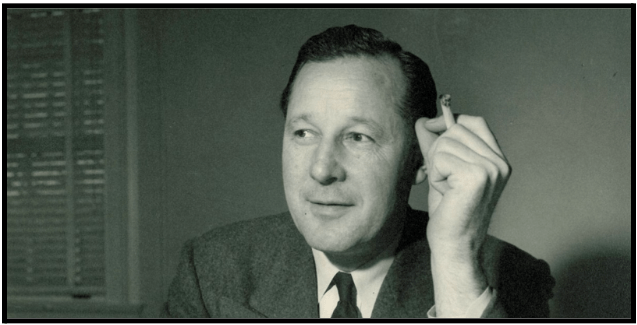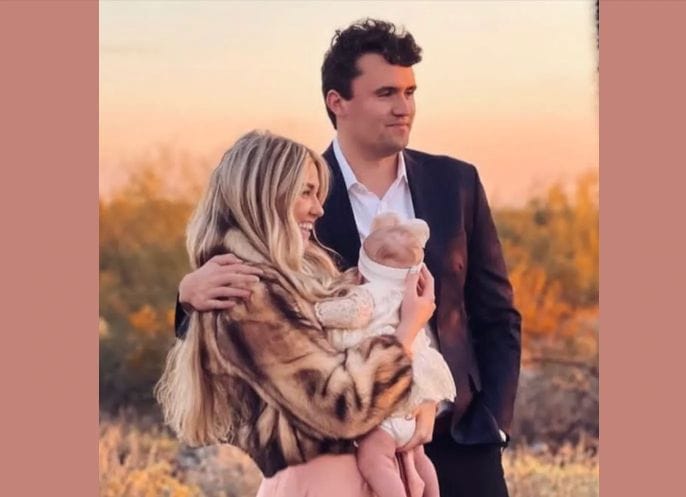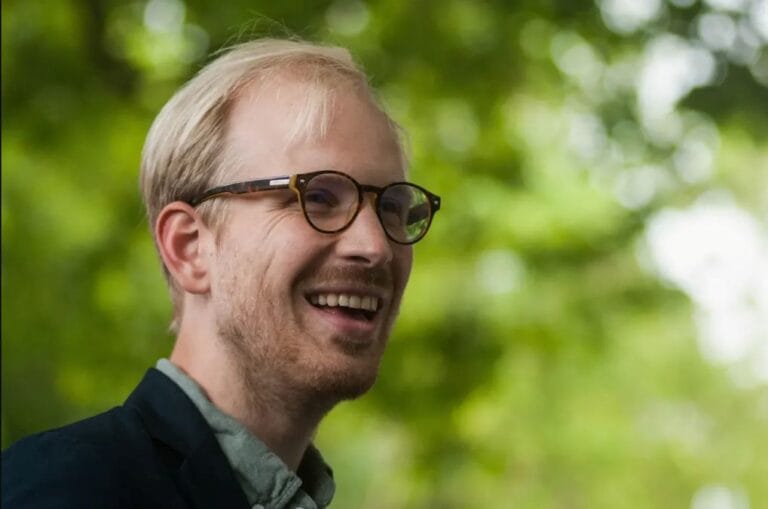Talking Big Ideas.
“Where you stand depends on where you sit.”
~ Rufus Miles
This week’s guest columnist is Ben Klutsey, a national award-winning public speaker. I’ve watched Ben move people to tears as well as inspire them to action.
Ben and I became friends while working together at the Mercatus Center. Seeing him grow into a confident speaker helped encourage me to start our company.
Be sure to check out Ben’s 21-part podcast series, Conversations on Liberalism.
***
There are some stories that never leave you. They stay with you the rest of your life and shape the way you see the world.
I will never forget my very first international vacation. I was nine years old. Growing up in Ghana, I’d never been outside of the country, so this was a special trip for me, my brother, and two sisters.
Our first stop was Germany. We visited a small town called Embden.
On the day we arrived, we spotted a wonderful playground. We went to play on the swings, seesaws, and other fun-looking things.
Six feet from the edge of the playground, the other kids noticed us and abruptly stopped playing.
They did more than stop playing. They started to cry.
And then they began to point at us and scream the n-word…progressively getting louder.
It was clear they didn’t want us there. Their moms, also upset about our “intrusion”, ran up and hauled them away.
I will never forget the shock, the sadness, and the lingering feeling that never left us during our trip. The feeling that we did not belong.
Nine years later I moved to Appleton, Wisconsin, to study at a small liberal arts college. I was nervous because everything I knew about the United States I’d learned from Commando, Rambo, and Roots.
I was skeptical about this adventure, to say the least.
Four years later, days before graduation, I felt something I never anticipated. I had developed a strong affection and deep sense of belonging toward this little college town I’d come to call home. It was a nice microcosm of “middle America.”
From the first day I arrived, I felt welcomed…and like I lived in a community that cared for my well-being.
I, along with other international students, was connected to families around the Appleton community. They volunteered to be host parents and host families. Some gave us full access to their homes, invited us over for dinners, and mentored us. We hung out with their children as though they were our siblings.
My adventures in Germany and Wisconsin transformed into narratives that informed my views about both places and my sense of belonging in them.
I thought about these narratives and belonging in the aftermath of the death of George Floyd in May 2020. The gruesome video of his death circulated on every cable and social media platform. It exposed many stories of prejudice and racism in the United States and elsewhere.
Some of the stories reminded me of my experience in Germany as a little boy. Yet, my experience in Wisconsin was very different.
Even though I’ve luckily never experienced the discrimination in America that came to light after George Floyd’s death, I don’t dismiss others’ experiences. Their stories and narratives are signals that tell us about their sense of belonging.
In order to coexist peacefully with our fellow citizens, we need to think outside of our bubble. We need a wider sense of the stories that shape others’ narratives and make up the fabric of America. We need to treat each other like we all belong to this unique tapestry.
We need to be a bit more curious about each other.
I launched the Pluralist Lab at the Mercatus Center to do exactly that. To bring students from across the country together, not to convince one another of the truth of their views, but to widen each other’s perspectives by exposing the narratives that shape their views.
According to the author and journalist Mónica Guzmán, one way to bridge divides and improve our perspectives is to stay curious.
When you encounter an idea that is antithetical to your worldview, instead of discounting or disparaging it, ask “what am I missing?”
And keep investigating the matter until you have an “I never thought of it that way” moment. Guzmán calls it the INTOIT moment.
Achieving an INTOIT moment is the sign you’ve learned something.
***
![]() IDEA
IDEA
Think outside your bubble.
Seek out an opportunity to talk to someone with a fundamentally different worldview from you. Instead of focusing on the apparent large gulf between the two of you, ask yourself “what am I missing?” See if you can achieve an INTOIT moment.
***
Cheers,
Ben
If you find this useful, please subscribe to our free weekly newsletter.
If you’d like to hear more from Ben, connect with him on Linkedin or Twitter.




